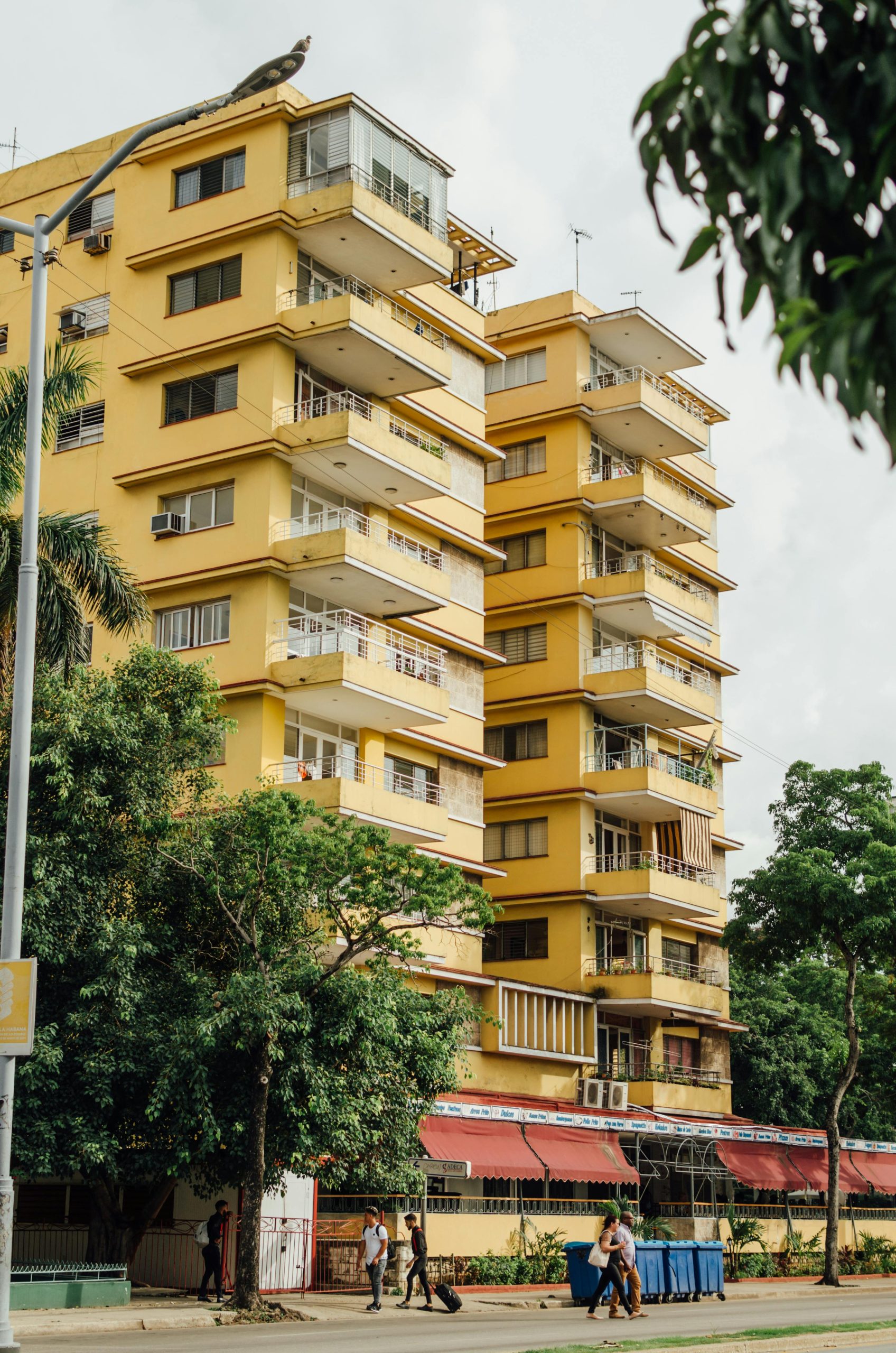The Disconcerting Indifference Toward Missing Children and Child Exploitation
In recent discussions surrounding missing children and the horrifying realities of child exploitation, it’s alarming to encounter a sense of indifference, especially in communities that one would expect to be more engaged with such serious issues. Recently, I shared a distressing statistic from the FBI: a child goes missing every 40 seconds in the United States. Instead of sparking concern and dialogue, this revelation often meets with skepticism and dismissal.
It’s disheartening to see individuals confidently undermine these statistics without having done thorough research. They claim that most missing children are eventually found, despite reports from those who are actively combating child trafficking, which indicate that a significant number of these children remain unaccounted for. Such dismissive attitudes raise the question: Why do some feel compelled to downplay the gravity of missing children and child exploitation?
One might assume that a community focused on uncovering hidden truths—like a conspiracy forum—would have a heightened awareness of the widespread nature of these problems, particularly as they often intersect with powerful individuals and institutions. However, there seems to be a prevailing tendency to minimize the discussion around these issues, as if acknowledging the severity would be too uncomfortable or would challenge pre-existing beliefs.
The reality is stark and unsettling. Despite the assurances from various sources, including law enforcement officials, many children do not return home. Ignoring the seriousness of child abduction and exploitation does a disservice not only to those affected but also to society as a whole. It’s crucial that we confront these difficult topics head-on and foster a more informed and empathetic dialogue about the plight of missing children and those exploited by predatory systems. Only through awareness and action can we hope to affect meaningful change and ensure the safety of our most vulnerable population.



